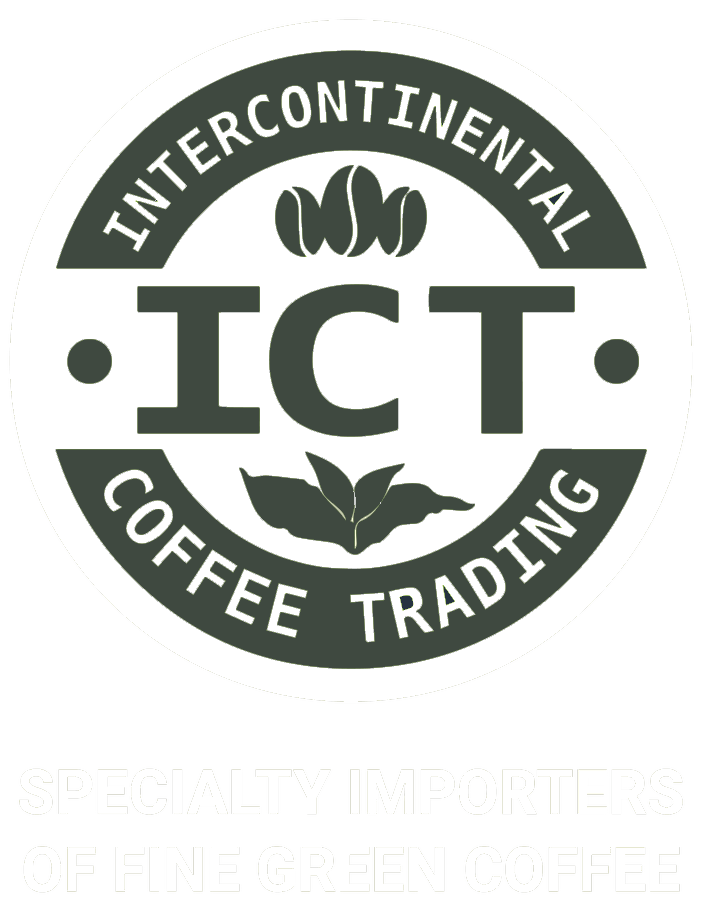
Starting a new coffee shop requires attention to detail and a passion for quality. At the forefront of your planning should be the goal to serve the perfect cup of coffee to your customers. This begins with selecting high-quality wholesale coffee beans. Read on to understand the intricacies of buying coffee wholesale and ensuring your coffee shop stands out.
The Importance of Whole Beans in Wholesale Coffee Purchases
One of the first lessons for any coffee shop owner is to always opt for whole beans rather than pre-ground coffee. Whole beans maintain their flavor and freshness longer, providing a superior base for any coffee drink. When you buy coffee wholesale, choosing whole beans allows you to engage in the art and science of coffee roasting, which is essential for crafting top-tier beverages.
Understanding Coffee Origins
The origin of coffee beans significantly affects their flavor profiles. Beans from Central America and Colombia typically offer a well-balanced flavor with the right amount of acidity, ideal for mainstream coffee drinkers. On the other hand, Brazilian beans are darker and chocolatey, perfect for espresso blends, while Hawaiian coffee is known for its sweet and mild characteristics. When planning to buy coffee wholesale, consider the diverse origins to cater to varied customer preferences.
Selecting Coffee Roasts
Different roasts can dramatically alter the taste of coffee:
- Light Roast: Offers a milder flavor and retains more caffeine.
- Medium Roast: Provides a balanced flavor, familiar to many coffee enthusiasts.
- Dark Roast: Features a bold, robust flavor with an oily surface, great for espresso.
Choosing the right roast when you buy coffee wholesale is crucial for aligning with your customers’ tastes.
Commitment to Fair Trade
Buying coffee wholesale from fair trade sources ensures you support sustainable and ethical farming practices. This not only helps build a positive brand image but also contributes to the global movement of fair trade, which prioritizes the well-being of coffee farmers and environmental conservation.
The Freshness Factor
Freshness is paramount in coffee. Once roasted, coffee beans begin to oxidize; thus, managing roasting times and immediate packaging is critical. This control over the roasting process ensures that when you buy coffee wholesale, the beans remain as fresh as possible for your customers.
Crafting the Perfect Cup
A perfect cup of coffee is more than just about the bean. It involves understanding the subtle notes and aromas:
- Acidity: Determines the sharpness and brightness of the coffee.
- Aroma: Influences customer perception before the first sip, ranging from fruity to smoky.
- Body: Describes the texture of the coffee, which can vary from water-like to creamy.
- Finish: The lingering taste post-consumption, which can influence pairing with foods or desserts.
Why Buy Coffee Wholesale from Us?
The foundation of a successful coffee shop lies in the quality of the beans. Intercontinental Coffee Trading’s wholesale coffee offerings are sourced from top regions around the globe, ensuring a diverse selection to meet any taste preference. Contact us today to learn more about how to buy coffee wholesale and elevate your coffee shop experience.
Common Questions
How do I determine the right mix of coffee origins and roasts for my coffee shop’s menu?
To determine the right mix of coffee origins and roasts for your coffee shop’s menu, start by considering your target customer base and local preferences. Offer a balanced selection that includes popular options like Colombian or Central American beans for a well-rounded flavor, as well as some unique single-origin coffees to cater to more adventurous coffee drinkers. Include a range of roasts from light to dark to accommodate various tastes. Consider creating a signature house blend that combines different origins for a unique flavor profile. Regularly gather customer feedback and adjust your offerings based on sales data and trends. Remember, it’s often better to start with a smaller, curated selection and expand gradually as you learn more about your customers’ preferences.
Are there any certifications or standards I should look for when choosing a wholesale coffee supplier?
When choosing a wholesale coffee supplier, look for certifications and standards that ensure quality, sustainability, and ethical practices. Key certifications to consider include Fair Trade, which guarantees fair prices and working conditions for farmers, and USDA Organic, which certifies that the coffee is grown without synthetic pesticides or fertilizers. Other important certifications include Rainforest Alliance, which focuses on environmental and social sustainability, and Bird Friendly, which ensures shade-grown coffee that protects bird habitats. Additionally, look for suppliers who are members of the Specialty Coffee Association (SCA) and adhere to their quality standards. Some suppliers may also have direct trade relationships with farmers, which can indicate a commitment to quality and ethical sourcing. Always ask potential suppliers about their certifications, quality control processes, and sourcing practices to ensure they align with your coffee shop’s values and quality standards.
How can I educate my staff about the different aspects of coffee (origin, roast, flavor profiles) to better serve customers?
To educate your staff about different aspects of coffee, implement a comprehensive training program. Start with the basics of coffee origins, explaining how geography and climate affect flavor profiles. Teach them about various roast levels and their impact on taste and caffeine content. Conduct regular cupping sessions to develop their palates, allowing them to identify different flavor notes and aromas. Provide information on the production process, from bean to cup, including fair trade practices and sustainability. Encourage staff to experiment with brewing methods and create their own tasting notes. Consider bringing in coffee experts for workshops or sending key staff members to barista courses. Create easily accessible reference materials, like flavor wheels and origin maps, for staff to consult. Lastly, foster a culture of continuous learning by regularly sharing industry news and trends, ensuring your team can confidently discuss coffee with even the most knowledgeable customers.
